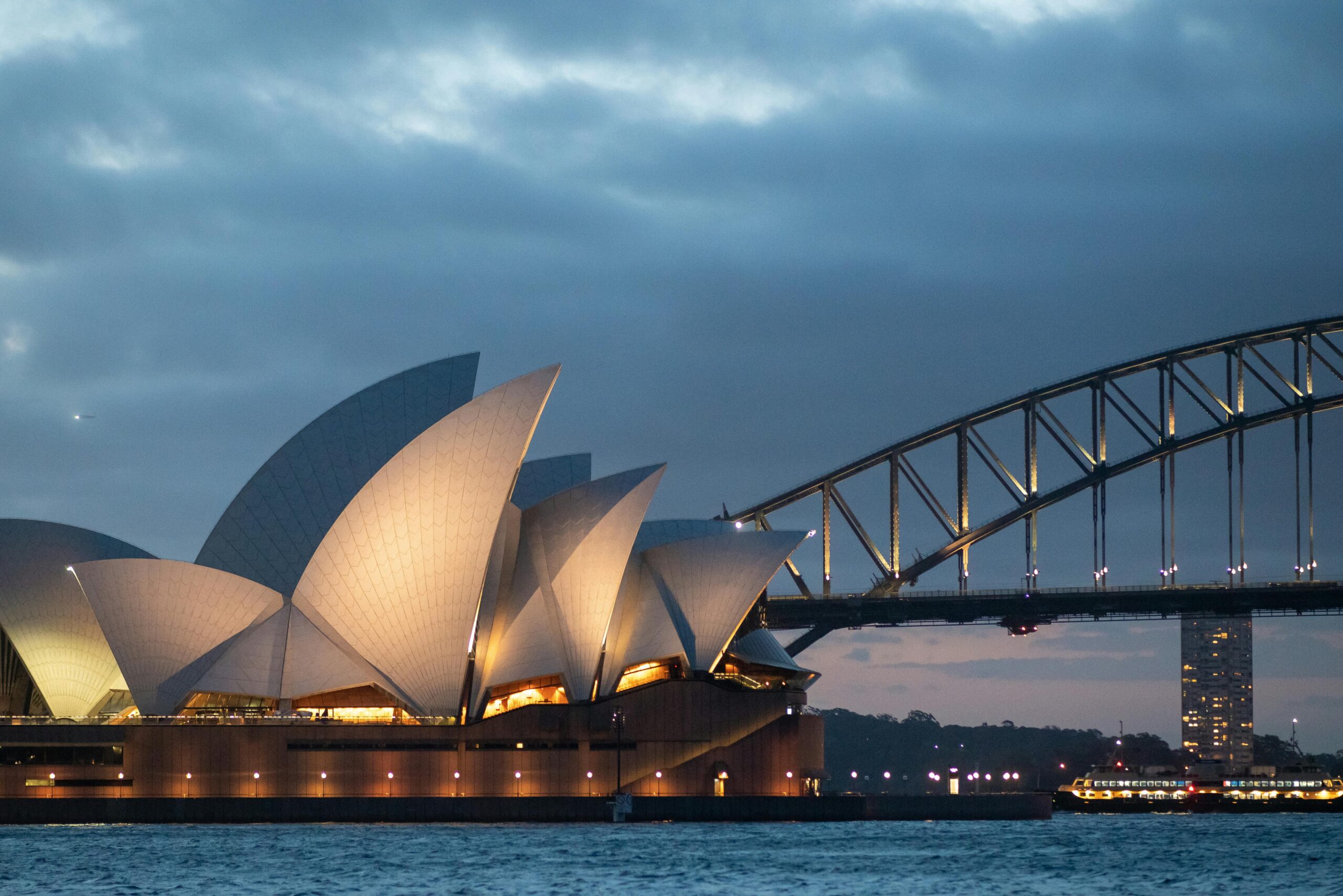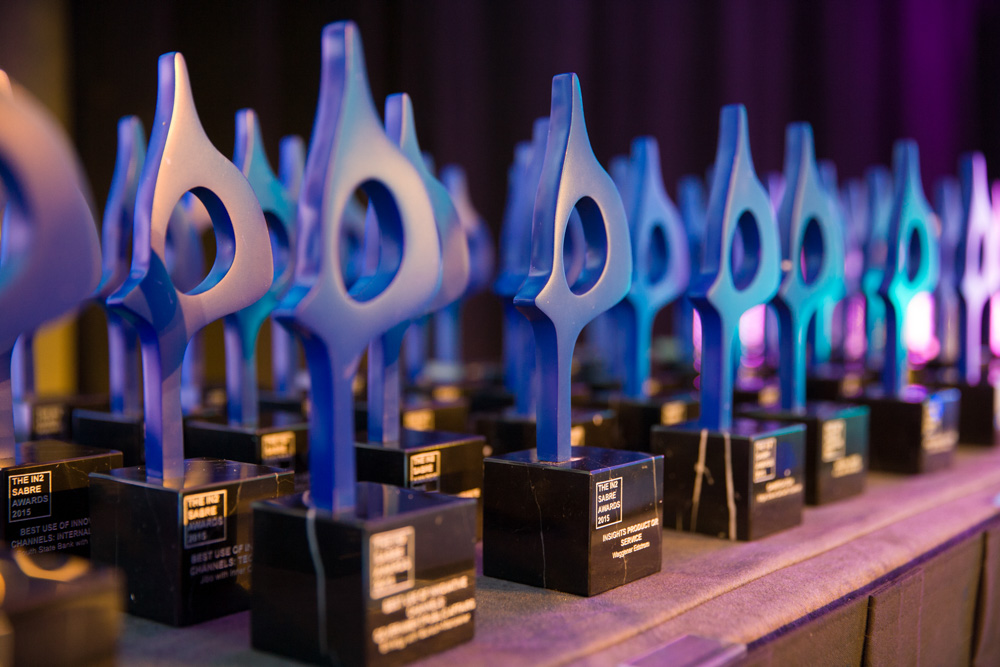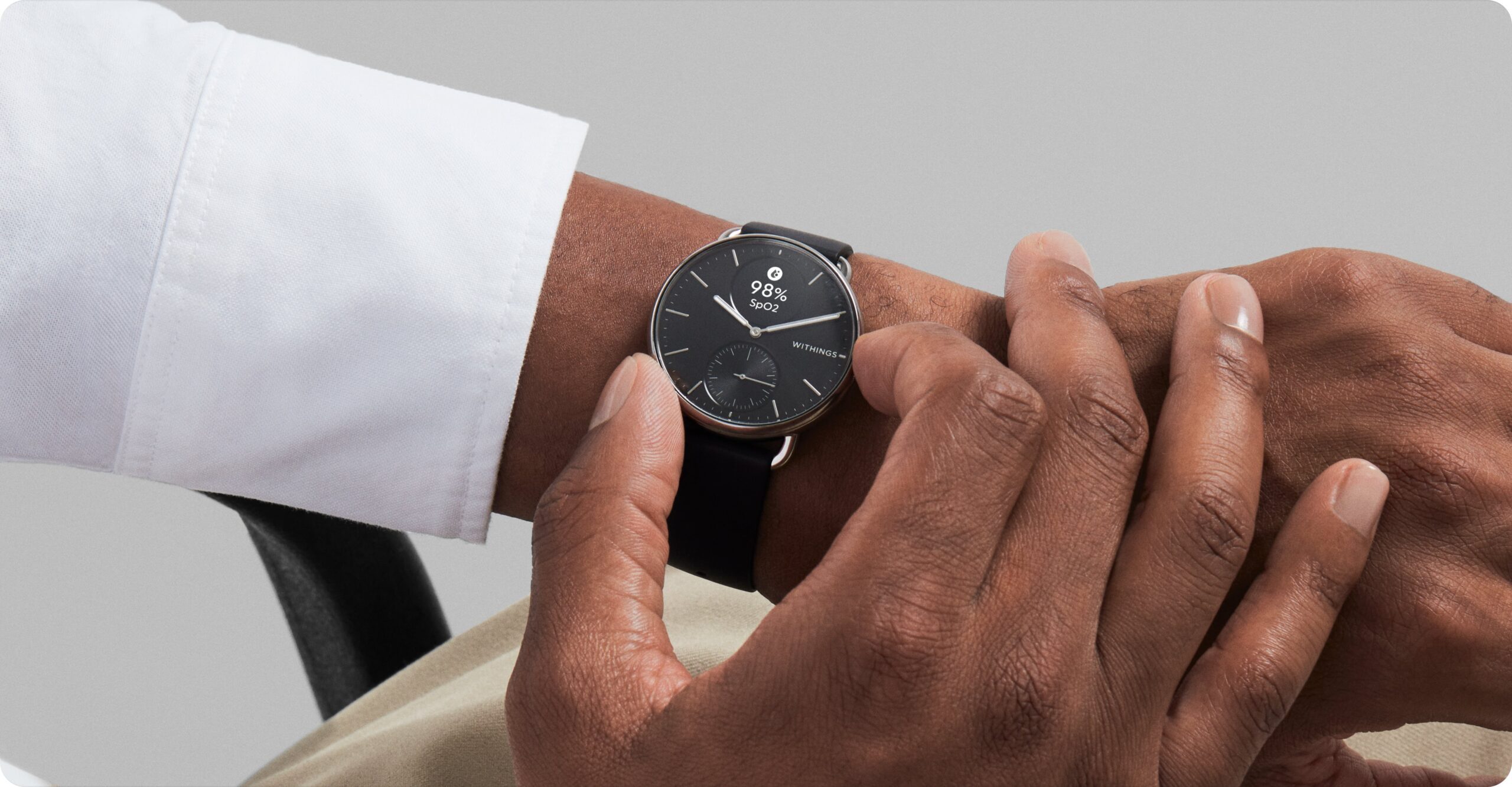
In our ever-evolving communications landscape, creator marketing remains one of the most powerful strategies for brands looking to foster deeper connections with audiences.
As a communications agency specialising in creator marketing, including winning two of AIMCO’s creator marketing awards this year, CreatorIQ is one of the tools in our arsenal for discovering, vetting and collaborating with creators for our client partners. I’m excited to share their annual 2025 Creator Marketing Trends report, which includes some insightful trends that shape the way brands will approach this space next year and beyond. The findings of the report provide a roadmap for organisations at every stage of the creator marketing journey – whether it’s just getting started next year through to brands who are looking to elevate their work with creators next year.
Here are some key highlights from the report that I found to be the most interesting, along with insights on how organisations can leverage these trends to make the most of their creator marketing work next year:
Video continues to take centre stage in creator marketing, with 67% of creators producing more video content than in previous years. This trend aligns with broader shifts in social media, where dynamic and engaging video formats outperform static posts in terms of reach and engagement. Brands working with creators should lean into video as the primary content format, especially on platforms like TikTok, Instagram Reels, and YouTube. To be the most effective, the key is working with creators to strike a balance between showcasing both the brand and creators personality in an authentic way. People buy into brands that wish to educate, inform or delight followers without just being sold to.
According to the Creator IQ report, a remarkable 94% of organisations believe that creator content delivers a higher return on investment (ROI) than traditional digital advertising—a 20% increase from last year. This shift highlights how creators, with their loyal and engaged followings, can drive results that outperform more conventional digital channels. By partnering with creators, brands access not only a direct line to target audiences but also a trusted voice that lends authenticity to their message.
This increasing trust in creator-led campaigns underscores a valuable lesson for brands: audiences today respond more to relatable and genuine content rather than overly polished ads. Allowing creators to use their creativity to deliver your brand’s message in their own unique style will drive deeper engagement and, ultimately, conversions.
To really make the most out of the performance edge that creator marketing has over traditional digital advertising, we always include an element of paid boosting in creator campaigns to guarantee a base level of reach and awareness and to create an opportunity to move the needle on performance-oriented metrics like driving website traffic.
The report reveals that 78% of organisations plan to increase their creator marketing budgets over the next two years. This commitment reflects a broader industry understanding that creator marketing is effective and that the creator marketing landscape here in Australia and in our other regions is maturing rapidly. This is evidenced by the growth in industry bodies like AIMCO here in Australia and the evolution of creator marketing platforms like CreatorIQ which we use to power our campaigns. Such tools enable us to effectively manage campaigns at scale while tracking performance in real time, ensuring that clients’ investments are well-placed and optimised.
While mega-creators may grab headlines, mid-tier creators offer the incredible ROI due to their niche audiences and higher engagement rates. The CreatorIQ research found that 35% of brands consider mid-tier creators as the most valuable for ongoing partnerships. This is backed up by our experience, which is that we’ve always found that the benefit of working with mid-tier creators is their ability to connect with audiences on a more personal level. They offer relatability and knowledge/expertise that their audiences crave, but also offer a substantial enough following that we’re able to generate strong amounts of reach and awareness as well. In summary, they provide the perfect balance between reach and engagement.
One of the most striking findings in this year’s report is TikTok’s rapid ascent. With 68% of creators producing content regularly on TikTok, the platform has cemented itself as a crucial channel for creator marketing. TikTok’s algorithm favours authentic, high-engagement content, making it an ideal space for brands to explore raw, creative storytelling alongside their creator partners. To us, this isn’t entirely surprising as we’ve seen over the years that any creator – regardless of following size – has the opportunity for any of their TikToks to go viral.
While TikTok came away as the clear winner in CreatorIQ’s report, we’re also excited about the evolution of creator marketing on LinkedIn going into 2025. With LinkedIn expanding Thought Leader Ads to all business creators – regardless of whether they are an employee of the organisation – there’s so much potential for the business influencer landscape to explode next year as well.
Conclusion: An Exciting Phase of Growth for Creator Marketing
As these trends demonstrate, creator marketing is entering an exciting phase next year marked by video dominance, increased investment from organisations, and a rise in the influence of mid-tier creators. If you’re looking to get started in creator marketing in 2025, or need a fresh pair of eyes on your existing creator marketing program, please reach out to me for a chat ([email protected]) or say hello!
Check out some of our other industry insights:
How to communicate deep tech effectively

A weekly round-up of brilliant, bizarre and beautiful things from culture, tech and creativity.This week: AI is making dating less…

The countdown is on! SXSW Sydney is roaring back into town this October, and the energy is already electric. As…

Sling & Stone is joining forces with Marty McCarthy, a former journalist and producer at ABC and most recently the…

Sling & Stone, the communications agency for challengers, disruptors, and innovators, has been named ANZ PR Agency of the Year…

Sling & Stone, the communications agency for brands shaping the future of how we live, work and play, has been…

If you listen closely, that isn’t just the faint ringing of Jingle Bells you can hear; it’s the starting gun…